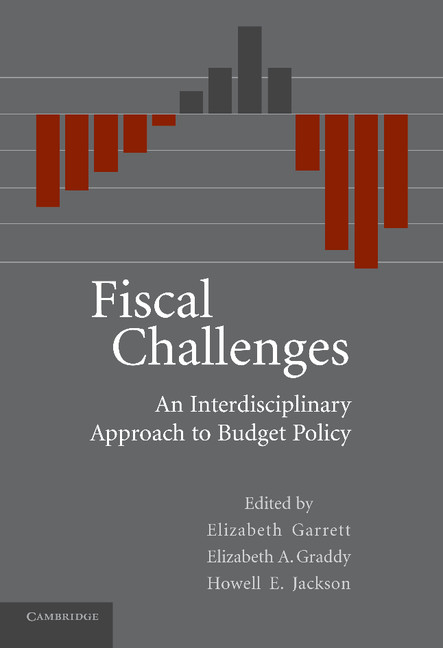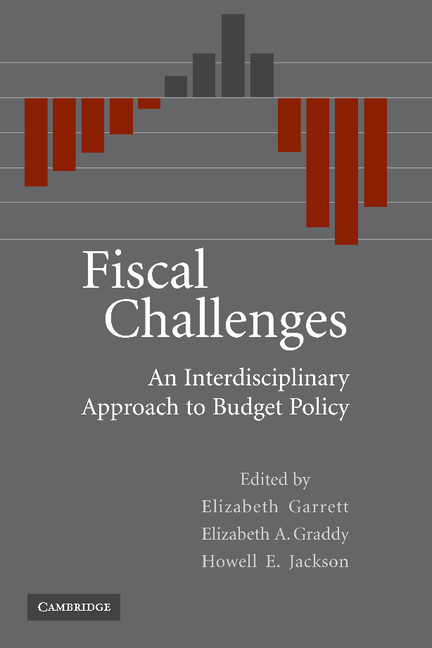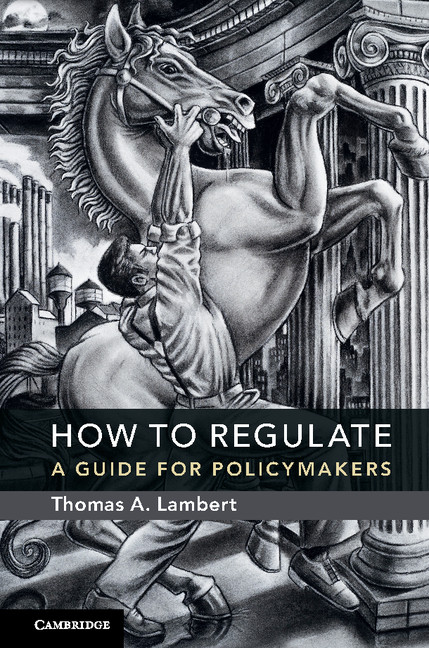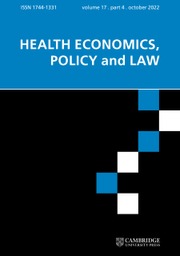Ending Income Inequality
Income inequality in America has been on the rise for decades, but policy and legal thought has yet to catch up. Both parties in the United States have been hesitant to intervene in the market to address this problem, while the income tax system has been touted as a better and more efficient way to tackle income inequality. However, the tax system itself has failed to keep pace with the widening gaps in income. Ending Income Inequality challenges arguments made by legal scholars in the field of law and economics, who have supported the tax system over redistributive legal rules. By examining specific areas of the law such as minimum wage, collective bargaining, antitrust law, intellectual property, and housing regulation, the book argues that using legal rules, in addition to income taxes, is a promising path to reverse rising inequality.
- Challenges the conventional wisdom that the income tax system is the best way to tackle income inequality
- Offers a practical and concrete approach to using legal rules to redistribute incom
- Combines perspectives of a sociology, economy, and law for a well-rounded and rigorous analysis
Reviews & endorsements
‘A longstanding view in legal circles is that laws should be used to advance efficiency rather than promote income equality, which is best done through the tax-and-transfer system. Through an impressively panoptic survey of the legal system, Dimick shows that this view is valid only under restrictive conditions that rarely prevail in the real world. Readers will benefit from the lucid and sophisticated account of an important debate and Dimick’s relentless, devastating critique.’ Eric Posner, Kirkland & Ellis Distinguished Service Professor of Law, The University of Chicago
Product details
June 2025Hardback
9781108842846
362 pages
229 × 152 × 21 mm
0.699kg
Available
Table of Contents
- Acknowledgments
- Part I. Introduction:
- 1. Orienting the argument
- 2. Redistributing income efficiently
- Part II. The Common Law:
- 3. Property
- 4. Torts
- 5. Contracts
- Part III. Regulation and Functional Law:
- 6. Labor and Employment Law
- 7. Antitrust
- 8. Intellectual Property
- 9. Housing Regulation
- Part IV. Contents:
- 10. Conclusion.










